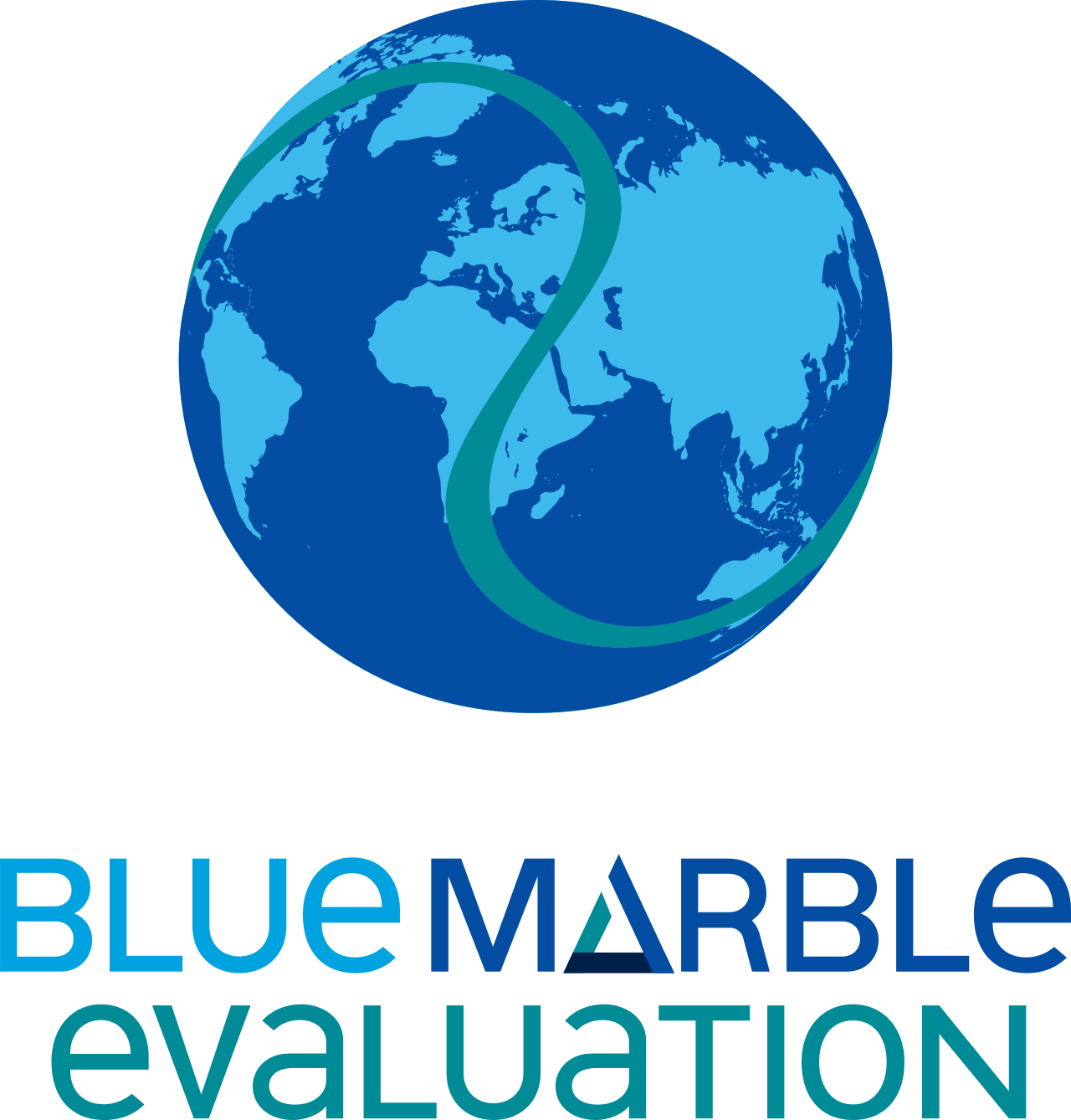The cross network Working Group focused on building the field of Transformations Systems Mapping & Analysis – has launched with over 80 members representing 22 countries has launched with great enthusiasm. There are 13 different “workstreams” that cover a wide range of thematic areas. Each workstream has a “Convener” and “Fellow” so keep an eye to the Blue Marble Website to see what amazing works comes out of this. Three people will be serving as “Integrators” across the 13 work streams – one will be focused on making sure that we create a “map of ourselves” – a social systems map of the wider Working Group. Another person has volunteered to ensure that the principles resonate and integrate across all 13 workstreams. A third will support the cross-network weaving. Please contact Glenn Page with interest in joining
Below is a picture of the system of the working group – we will announce the names of the Conveners, Fellows and Integrators for the next Blue Marble Evaluation update.
- Mapping who’s involved in Transformations Systems Mapping & Analysis around the globe – where are they working and what are they doing? This would likely generate a mapping product that allows us to better see the “ecosystem” of people involved in this field.
- Examining pathways to careers in Transformations Systems Mapping & Analysis – including a listing and detailed description of graduate degree programs at universities across the globe and career opportunities in this emerging field.
- Developing a tool-kit as an introduction to Transformations Systems Mapping & Analysis that would have products such as a glossary of terms, description of the practice and examples.
- Developing a communications plan and understanding what are the dimensions of funding needed to support the Meta-Working Group. This work would include the development of a meta-narrative for the evolution of the field of Transformations Systems Mapping & Analysis including the importance of integration across multiple systems mapping methods for understanding and tracking large scale systems change. This group will work to understand the many systems where funding could be leveraged for the R&D that is required for field development.
- Detailed review of systems mapping software technologies – when they are most appropriate to use – and promising examples of integration across technologies to advance application of multiple methods of mapping, big data, visualization to understand transformation dynamics through case and use examples.
- Theory and knowledge-base of Transformations Systems Mapping & Analysis. This will likely include the development of a annotated literature review and other published material that covers the evolution of the field (i.e. cases, literature, methods, principles).
- Mapping the inner dimensions of personal transformation such as the psycho-cultural transformations in the anthropocene.
- To develop transformations systems collaboratives between Latin America and Africa – south/south exchanges.
- A place-based initiative that focuses on the Gulf of Maine (one of the most rapidly warming bodies of water on the planet) and developing the concept of a “Transformations Transect” that links rural and urban and examines the Transformations Systems “green shoots” that are emerging. This is now aligning with activities in many places around the world – such as Costa Rica and Scotland – but will remain the “Skunkworks” for Transformations Systems Mapping & Analysis working group. This group even has a physical “Bricks and Mortar” location on Congress Street in Portland, Maine as part of the New England Ocean Cluster.
- To ensure that this field is developed with the strengths of indigenous wisdom and ways of knowing.
- Development of examples of integrated and holistic “measurement scorecards” that combine both qualitative and quantitative fields for tracking progress and learning in a transformations system.
- Develop a unifying framework that provides a foundational, systems-based integration of the SDGs and planetary conditions, as essential dimensions of one framework, and not separate elements.
- Mapping the anatomy of crisis including response and opportunity – linked to work already underway in Anthropocene Mobilization – that is developing a research agenda around core questions associated with transformation systems mapping and analysis

